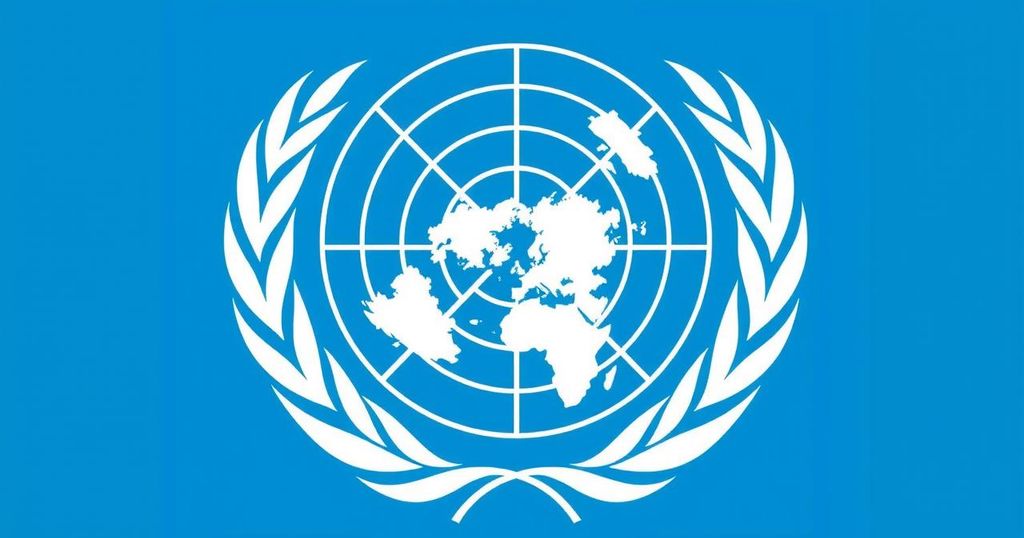A Historical Overview of UN Climate Negotiations Leading to COP29

The UN climate negotiations, now culminating in COP29 in Baku, Azerbaijan, reflect decades of international efforts to combat climate change through conferences and treaties. Since the inaugural conference in 1995, significant milestones include the Kyoto Protocol and the Paris Agreement, addressing emissions reductions, climate funding, and the urgent need for action amidst a changing climate. Activism and political transformations have also shaped these negotiations over time.
The ongoing United Nations climate negotiations culminate in the 29th conference held in Baku, Azerbaijan. Established in 1995, these conferences have consistently sought to address the pressing issue of global warming through an evolving framework of agreements, partnerships, and commitments. The gatherings have seen pivotal moments, such as the formation of the UN Framework Convention on Climate Change in 1992, the landmark Paris Agreement in 2015, and more recent discussions focused on climate disaster funding and transitioning away from fossil fuels. Each delegation has played a crucial role in shaping climate policy, accommodating historical contexts of emissions, and striving for collective environmental responsibility. Over the years, the influence of activists and changing political climates has also marked the development of international climate action.
The history of the United Nations climate negotiations highlights a protracted global effort to confront climate change, which stems from the awareness of increasing carbon dioxide levels since the industrial revolution. Initial scientific studies laid the groundwork for understanding the link between human activities and climate consequences. As countries convened over the decades, international frameworks like the Kyoto Protocol and the Paris Agreement emerged, aimed at collectively reducing greenhouse gas emissions while recognizing differentiated responsibilities among nations. These negotiations reflect an ongoing struggle to balance political will and scientific urgency in addressing a growing environmental crisis.
In summary, the progression of the UN climate negotiations to COP29 showcases a journey marked by scientific discoveries, international treaties, and political dynamics. From the establishment of the UNFCCC to recent commitments towards carbon neutrality and climate adaptation, each conference has contributed to a larger narrative of global cooperation against climate change. The challenges remain significant, yet the determination to forge a sustainable future continues to inspire collective action among nations.
Original Source: www.swissinfo.ch






